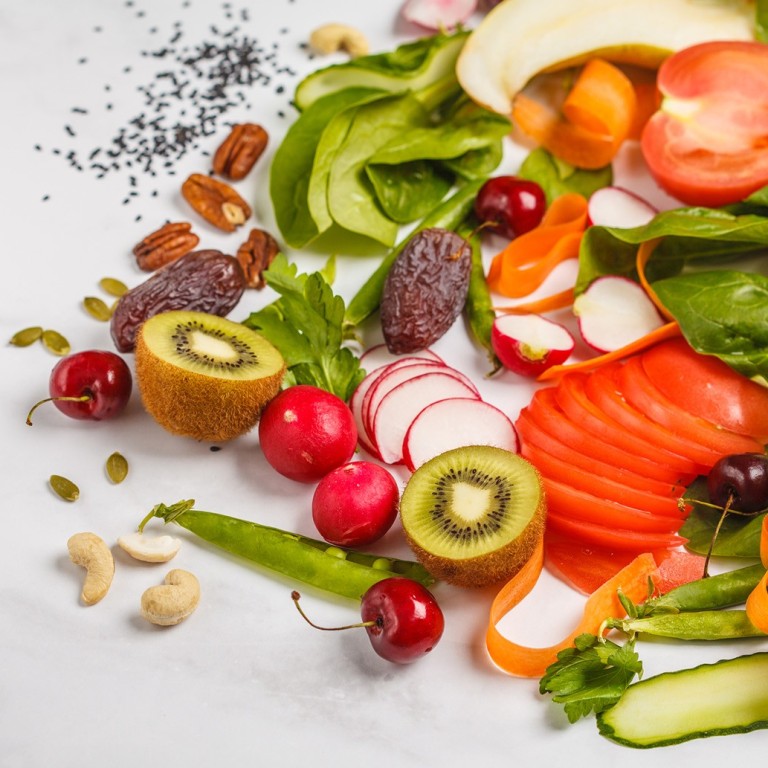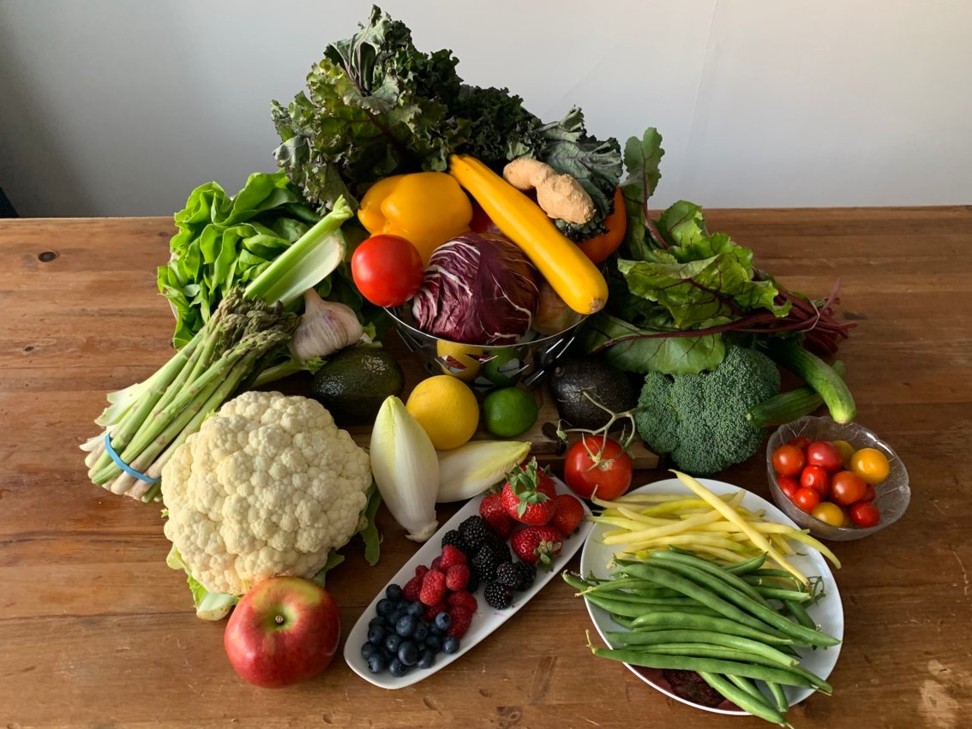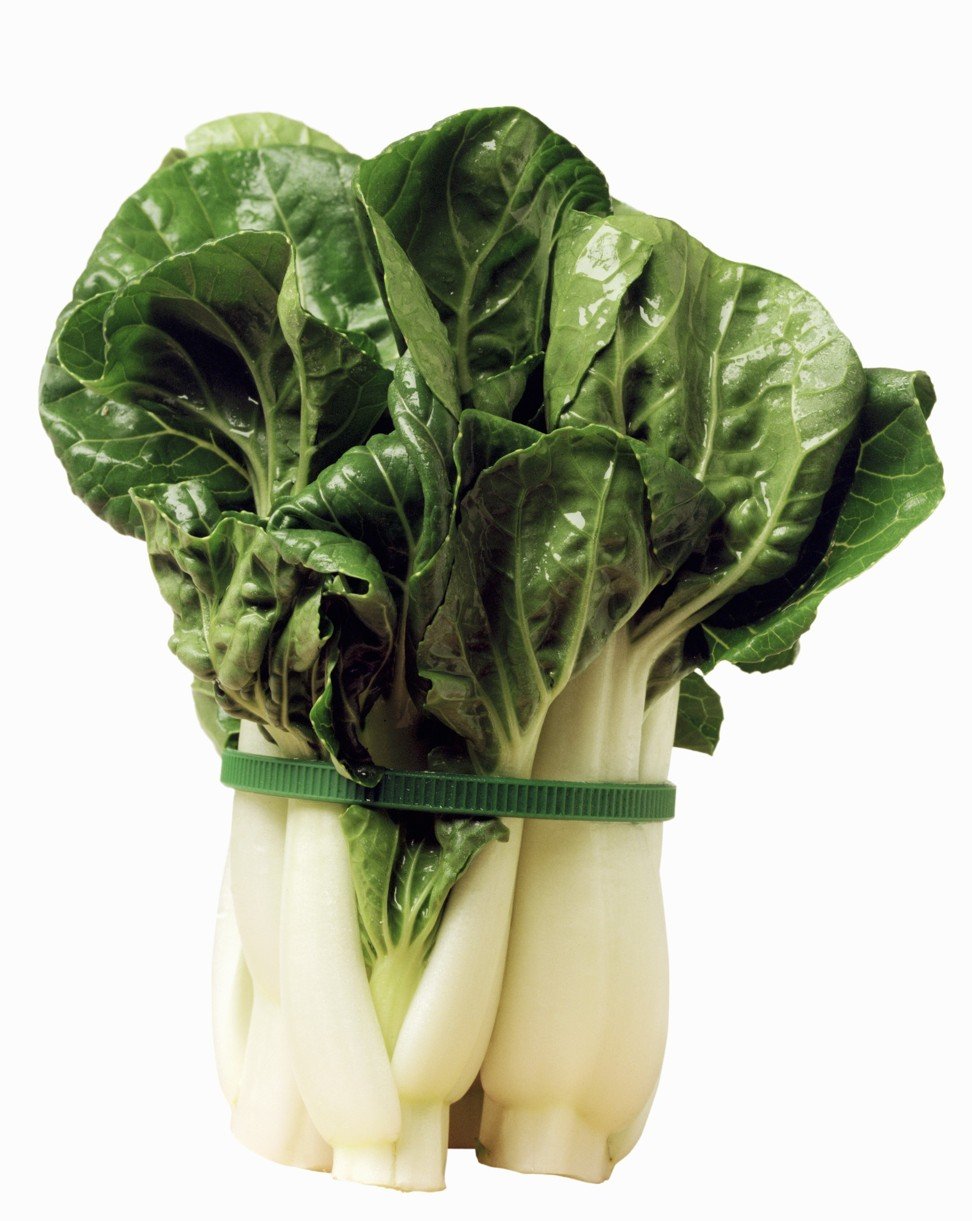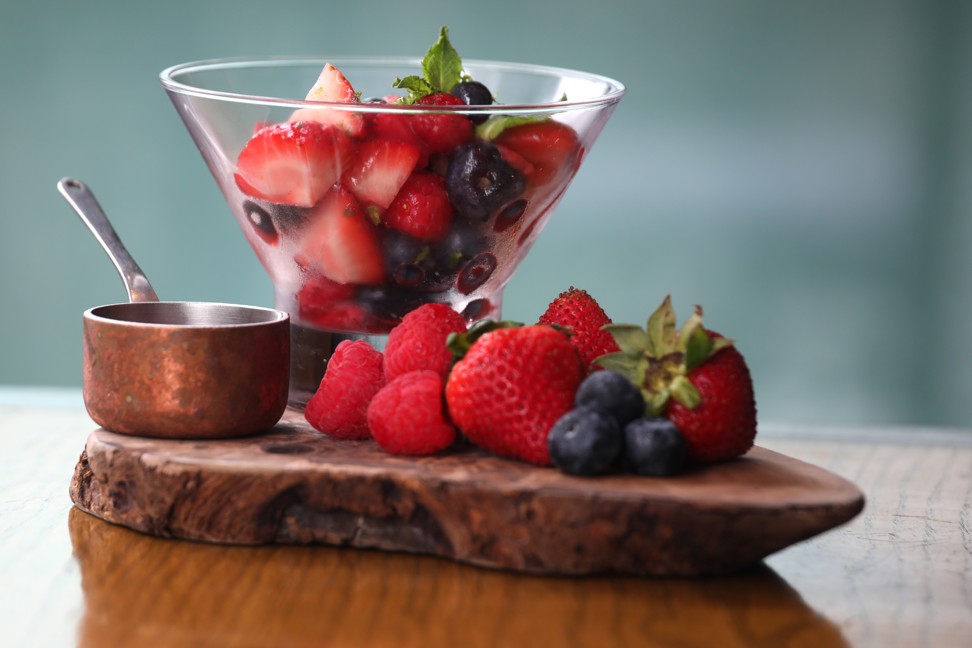What foods should you eat to keep your brain sharp and healthy?

We all feel absent-minded sometimes. You may blame your forgetfulness on stress, ageing, or lack of sleep, but eating well is one of the essential ways of keeping your brain healthy.
The health of the brain and the heart are intertwined. Like the heart, the brain needs to be well nourished. A diet that is high in sugar, unhealthy fats and excessive calories, may lead to poor circulation – including poor circulation to the brain
In fact, the health of the brain and the heart are intertwined. Like the heart, the brain needs to be well nourished. A diet that is high in sugar, unhealthy fats and excessive calories may lead to poor circulation – including poor circulation to the brain.
How hot can you take your chillies – and are they bad for your health?
Free radicals present in the body – from the air, water, food, cigarette smoke, and from normal body processes such as breathing, digesting and exercising – can cause damage to body cells.
The presence of free radicals in the body may also increase one’s risk of neurological conditions such as Alzheimer’s disease and dementia.
In other words, eating well will not only keep our heart healthy but also nourish our brain and reduce our risk of cognitive impairment and improve our overall health.
Free radicals present in the body – from the air, water, food, cigarette smoke and normal body processes such as breathing, digesting and exercising – can cause damage to body cells and may increase one’s risk for neurological conditions such as Alzheimer’s disease and dementia
While there is not one specific diet designed for brain health, following the Mediterranean diet as part of your regular meal pattern will bring benefits to both your brain and heart. This diet includes vegetables and fruits, legumes, nuts and seeds, fish and poultry with small amounts of red meat, whole grains and olive oil.
Check out some of the best foods from the Mediterranean diet to have as part of your healthy diet.
Fish and seafood
Eating fish and seafood twice a week may reduce one’s risk of heart disease, cognitive impairment and dementia. Specifically, docosahexaenoic acid (DHA) has been widely studied and known to be beneficial to the heart and the brain. DHA is found in seafood and fatty fish such as salmon, sardines, mackerel and herring, which get their omega-3 from eating algae and seafood.
Celebs like the Kardashians swear by the high-fat keto diet – but how does it work?
In other words, if you are a vegetarian or if you are not fond of fish and seafood, you could get your dose of DHA from algae and seaweed. Another way to obtain DHA would be to take fish oil or algae oil supplements.
Talk to your doctor or registered dietitian to determine the supplemental dosage that is right for you.
Walnuts
Talking of omega-3, walnut is one of the plant-based foods with high concentrations of alpha-linolenic acid (ALA), another type of omega-3 fat. Some dietary ALA could be converted into DHA in the body.
Researchers believe that ALA present in walnuts may have anti-inflammatory properties that protect brain cells. Moreover, the high polyphenol content present in walnuts may be linked to improving one’s memory.
Olive oil and flaxseed oil
For optimal blood circulation, eating healthy fats for your heart is just as important as for the brain.
Including flaxseed oil, another food source for omega-3 ALA fat, in meal preparation is one option, and olive oil is another.
Drinking bubble tea: what’s in it, and how can you cut back on all the calories?
Rich in monounsaturated fats, olive oil may reduce the levels of bad cholesterol while boosting the levels of good cholesterol in the body. Choosing extra virgin olive oil over other types of olive oil for the higher antioxidant properties is recommended.
Do keep in mind though that oil is a fat, so keep your intake to a reasonable amount. Aim to have no more than three to four tablespoons of added fats, which include oils, everyday.
Vegetables
You are probably well aware that eating vegetables is beneficial to health, but did you know that eating cruciferous vegetables, such as bok choy, gai lan, kale, Brussels sprouts, broccoli and cauliflower, may help with keeping the mind sharp?
These vegetables offer a wide array of nutrients and antioxidants, including folate, vitamins E and K, beta-carotene and lutein. Each of these nutrients play a role in brain health. For instance, vitamin E is one of the nutrients with antioxidant properties that is associated with improving cognition by protecting the body cells from free radicals.
Berries, grapes and plums
Anthocyanins, a group of flavonoids that give vegetables and fruits a range of red-orange and blue-purple colours, can be found in fruits such as blackberries, blueberries, red and purple grapes, cherries and plums.
These flavonoids may boost memory and delay cognitive decline. It is also believed that anthocyanins reduce inflammation and improve blood flow to the brain.
Want more stories like this? Sign up here. Follow STYLE on Facebook, Instagram, YouTube and Twitter.

Brain and heart health are linked: diets high in sugar, unhealthy fats and calories may cause poor circulation to brain. But foods in Mediterranean diet can help reduce the risks




